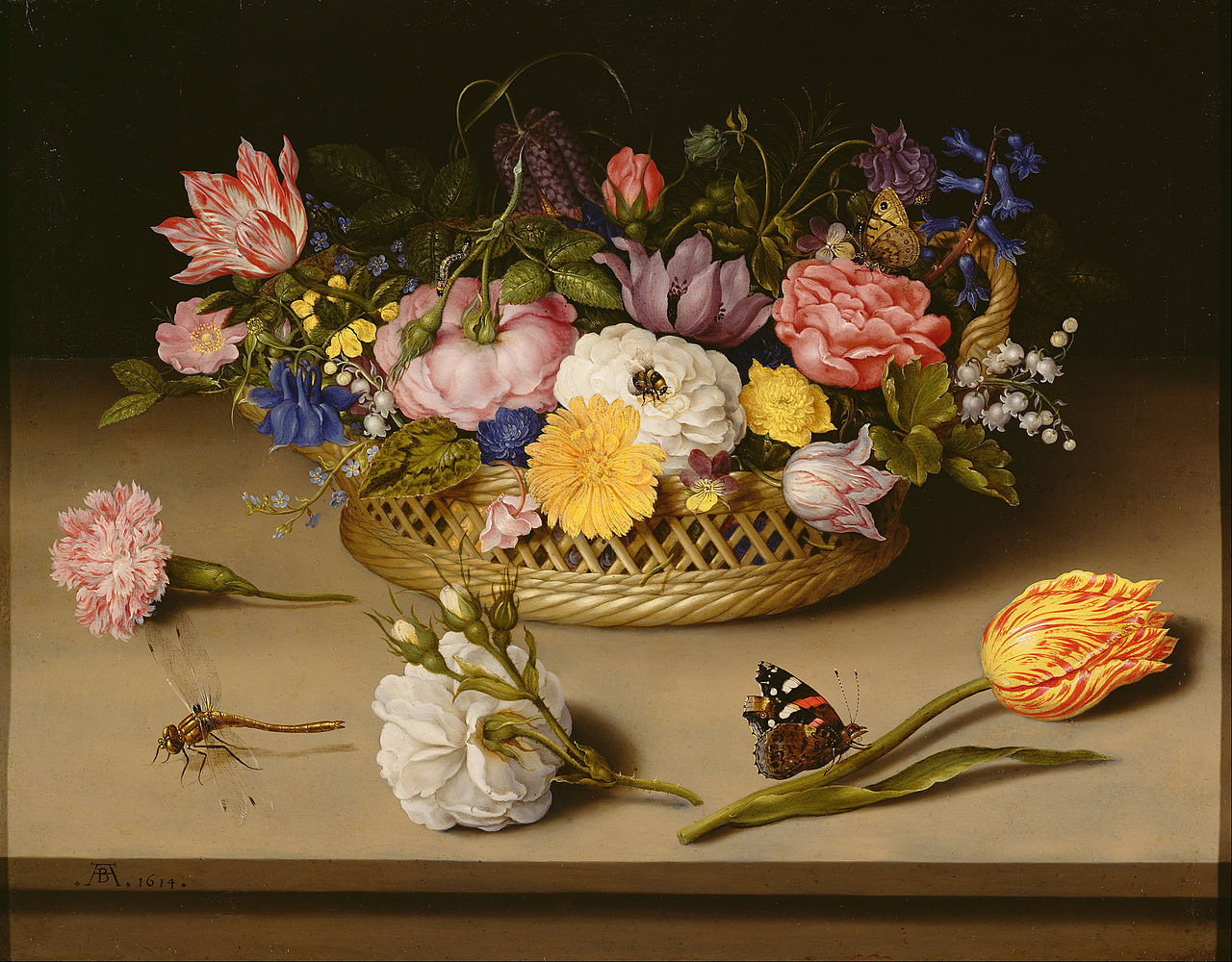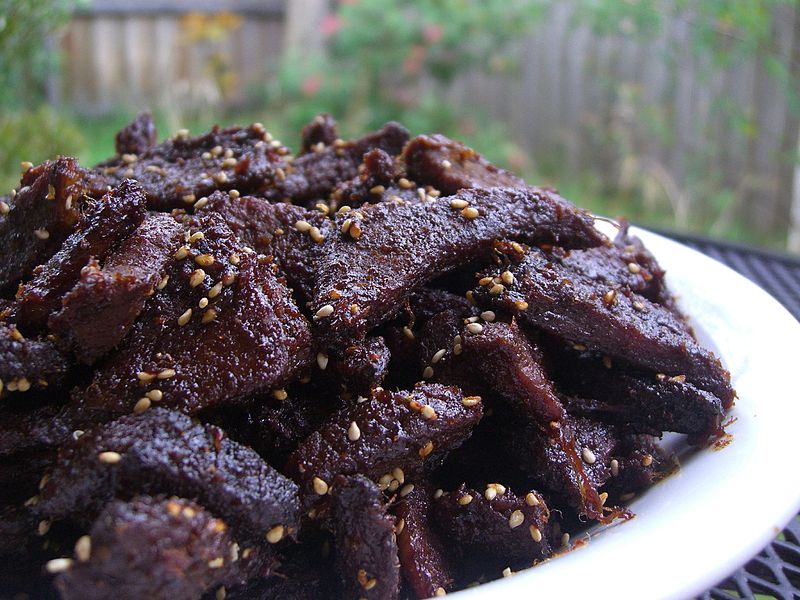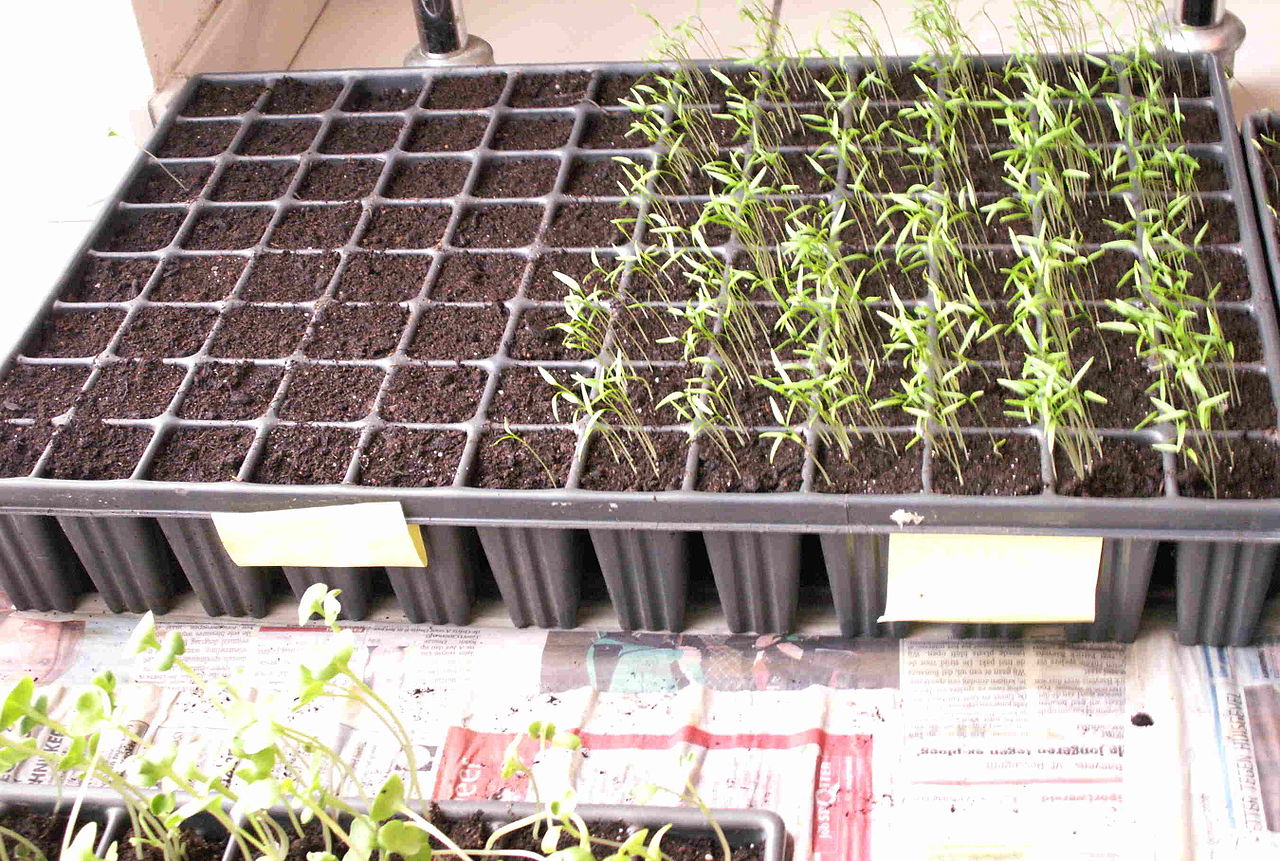
More Tips and Tricks for The Gardener
Following on from our previous post, we have decided to stick with the theme of gardening, given that it is such a voluminous subject. As you may already know, even in mid Winter, there is still plenty to be getting on with in the garden, ahead of the main growing season.
Here are a few random tips and hits that you may not be aware of...
1) When boiling vegetables for consumption, do not disregard the water you boil them in. This water is full of micro nutrients which are present in a from that is easily absorbed by plants. Instant plant feed.
2) Choose the right plants for your soil type. Different plants require different levels of soil acidity, soil density, moisture, elemental exposure, aeration e.t.c. Soil testing kits can be purchased through most garden shops, home stores. Make your life easier and choose the right plants.
3) Regular weeding. This will stop weeds taking root and spreading through the garden. Remove weeds in their entirety, if possible. Dispose of the weeds properly, either by incinerating them or by dumping them well away from you property (responsibly).
4) Add fresh compost to the topsoil. A 5% increase in the amount of compost used, leads to 20% more water being retained in the ground. Less chance of your plants drying out.
5) Stagnant air is not your friend. This is particularly a problem in greenhouses but can also be an issue anywhere there is not a free circulation of air. This will often lead to an increase in moisture which can lead to various moulds or fungi taking hold. Try and ventilate these types of areas as soon as possible.
6) Do not overcrowd vegetable or flower plants. Each plant is a unique organism which, like us, needs its own space and nutrients to grow. Planting them too closely together will make it more difficult for each plant to establish itself.
7) Crushed, powdered eggshell. This makes for a great source of calcium, for your plants and flowers. Simply spread in the soil around your plant.
8) Although robust, young plants need to be handled with some care. Taking your time to handle them gently will mean more successful, healthier and more productive plants.
9) Buy second hand tools. Creating and maintaining a tool shed can be extremely expensive. In a world where you can pay £200 for a spade, it can all add up to a hefty wedge of money. Save your money by buying second hand tools.
10) Use a rain barrel. This means lovely, fresh and free water for your plants and vegetables. Being non chlorinated will make a more natural proposition for your vegetation.
11) Make good quality mulch from last year's Christmas tree. A nice natural feed from something that would otherwise simply be thrown away.
12) Ladybirds are a great, natural way to control the insect (pest) population in you garden. These can be purchased from many garden supply shops. Birds are equally great at controlling insects. Birds can be encouraged to remain for longer with the addition of food and bathing water.
13) Make a mini greenhouse for temperature sensitive seedlings and new growth. This need be no more complicated than cutting the bottom off of a two litre soft drinks bottle and placing the top over your new shoots.
Now get gardening!
Lots more tips and tricks forthcoming.
The Bushgear Team
Photo:By Ambrosius Bosschaert, Public Domain, https://commons.wikimedia.org/w/index.php?curid=21993453


